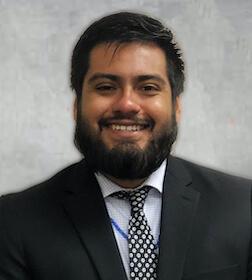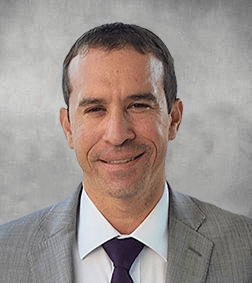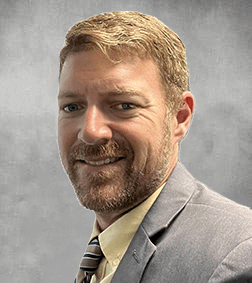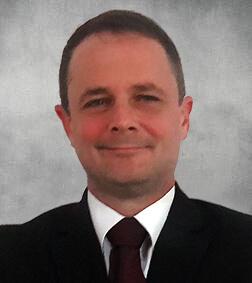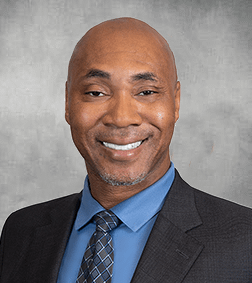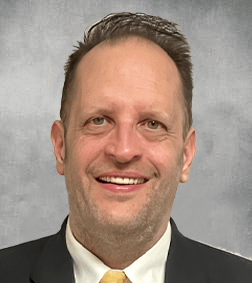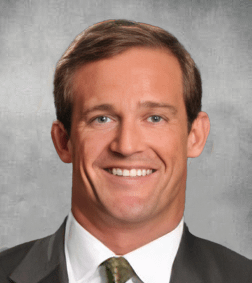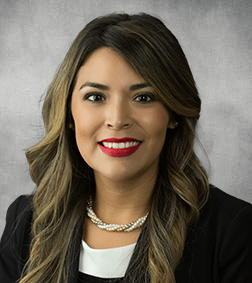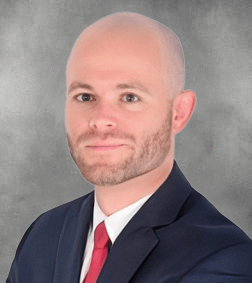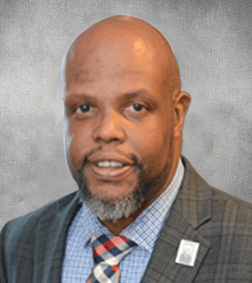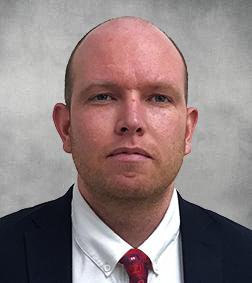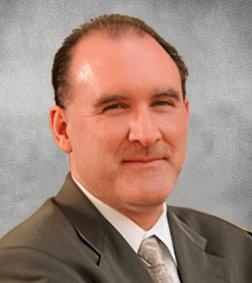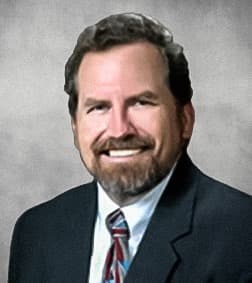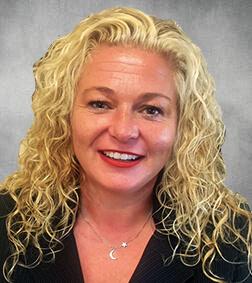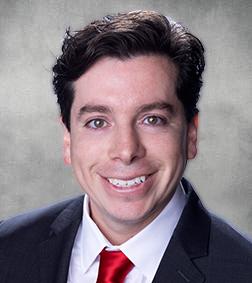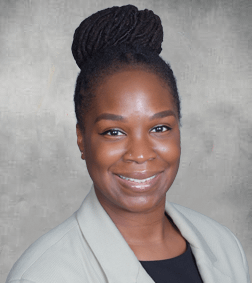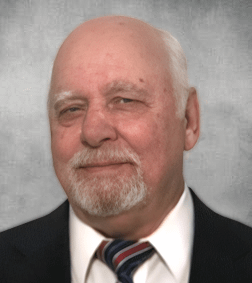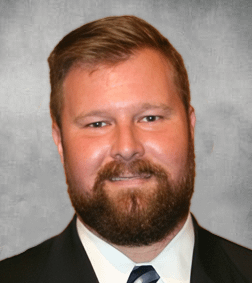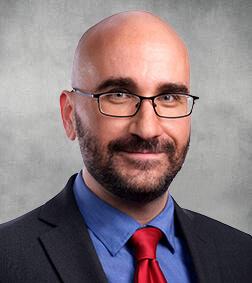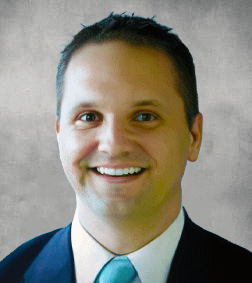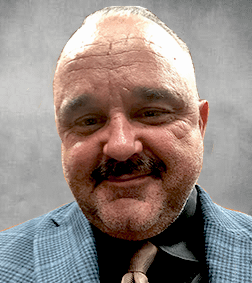DUI Frequently Asked Questions
Answers from Florida DUI Attorneys at Musca Law
At Musca Law, our skilled Florida DUI lawyers have over 150 years of collective experience. We put this experience to work for our clients, helping them navigate a variety of cases and criminal charges. As always, we fight for our clients' best possible outcomes in every case, dedicating tremendous amounts of time, research, and resources into efficiently and effectively representing our clients. Due to our thorough approach and aggressive advocacy, our firm has established a track record of success.
If you have further questions about DUI charges that aren't satisfactorily answered on this page, don't hesitate to call our firm at (888) 484-5057. We are available 24/7 to take your calls.
If my driver's license was suspended for DUI, can I apply for a hardship license?
Whether or not you are able to apply for a hardship license, as well as when you are able to apply, will depend upon your particular DUI charges. A hardship license will allow you to drive to and from work and school, as well as for essential household needs. To find out if you may qualify and when, it is important to contact an attorney. Your ability to apply for a restricted license may vary greatly from case to case.
What are the penalties for a first DUI offense?
A first DUI conviction will result in a driver's license revocation of 180 days to 1 year. You may face a fine of up to $2,000, 50 hours of community service, probation for up to 1 year, and up to 9 months in jail. Specific penalties may vary from jurisdiction to jurisdiction and will depend upon your specific blood alcohol concentration, as well as other particulars of your case. Also, be sure to read our article, "What Are the Penalties for DUI in Florida?"
Do I have to schedule a hearing with the DHSMV?
Yes. Following a Florida DUI arrest, you have only 10 days to contact the Florida Department of Highway Safety and Motor Vehicles (DHSMV) and schedule your DMV hearing. This is an administrative hearing which is held in regards to the suspension/revocation of your driver's license. A defense lawyer can schedule this hearing for you and can represent you in order to help you reach the best outcome possible. Learn more about the DMV points system.
What types of cases does your firm handle?
At Musca Law, we help all types of drivers in a variety of DUI cases, including underage drinking, multiple DUI offenses, commercial DUI, DUI with injury, felony DUI, DUI appeals and more. Our defense lawyers take on cases throughout the entire State of Florida.
When should I involve an attorney?
We recommend involving an attorney as soon as possible. You will need to schedule your DMV hearing, possibly secure your release from jail and will face criminal court proceedings. In the face of all of this, it is important to have an experienced attorney at your side so your rights are fully protected. Without an attorney, it is easy for your rights to be violated and for you to lose your DUI case even when you rightfully should have won.
What is the difference between a felony and a misdemeanor?
Felonies and misdemeanors are differentiated based upon the potential penalties that the criminal offenses may carry. A misdemeanor is an offense which is punishable by up to 1 year in a county correctional facility. A felony is an offense which is punishable by death or imprisonment in a state penitentiary (state correctional facility) for a minimum of 1 year. Some crimes may be charged as a felony or a misdemeanor, depending upon the circumstances of the case. These are referred to as "wobblers."
Are juvenile crimes handled differently than adult crimes?
Yes. The Florida juvenile court system follows its own set of rules and procedures, and a juvenile faces different types of penalties than an adult. It is for these reasons that a defense attorney must be knowledgeable and experienced specifically with the juvenile court system and juvenile crimes in order to provide effective representation to a minor who is facing criminal charges.
Should I still consult an attorney, even if I haven’t been charged with a crime?
If you have been contacted by local or federal law enforcement regarding a criminal offense, it is always wise to consult with an attorney. While it is certainly important to cooperate with law enforcement, it is important to retain legal counsel for several reasons. First, a defense lawyer can help you determine whether or not you are a suspect or simply being brought in for questioning as a third party. Regardless of your role in the investigation, it is important to protect your rights against law enforcement agencies overstep their legal boundaries and protect you from accidentally incriminating yourself.






